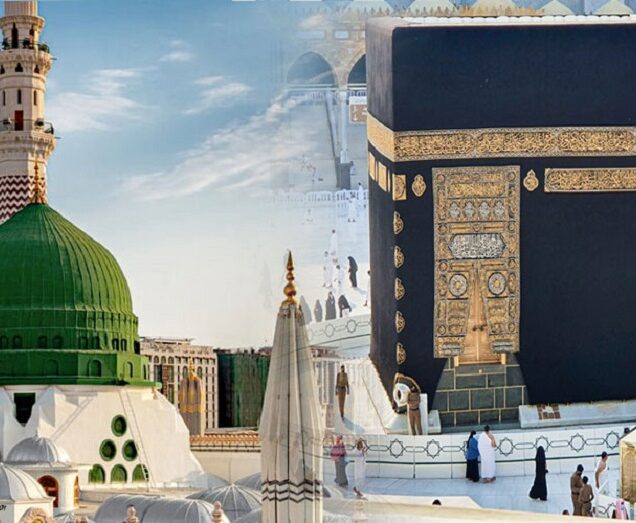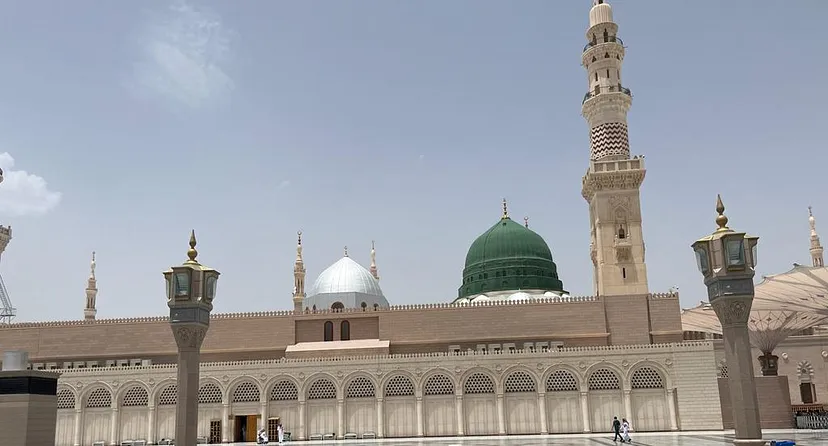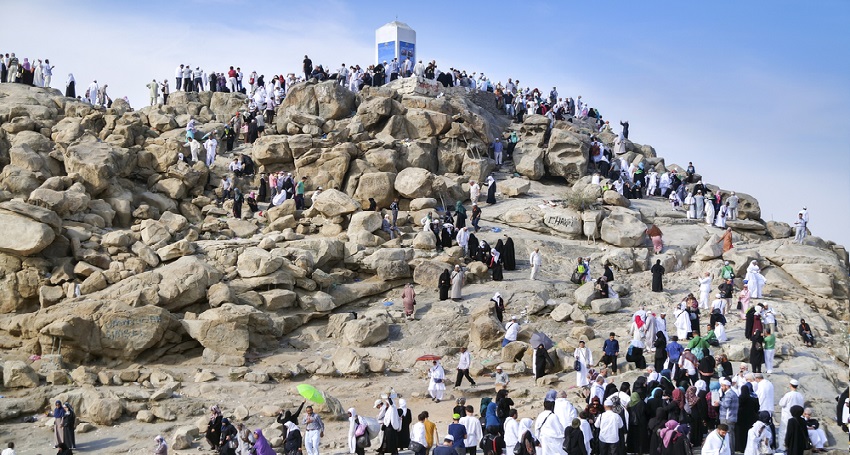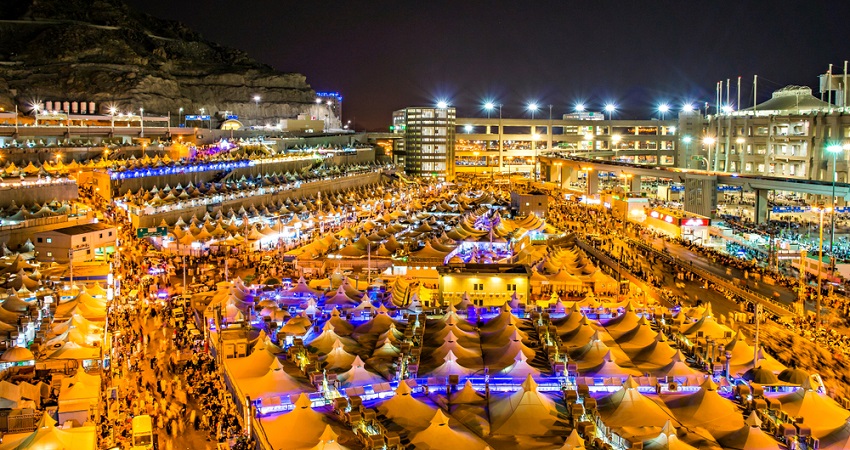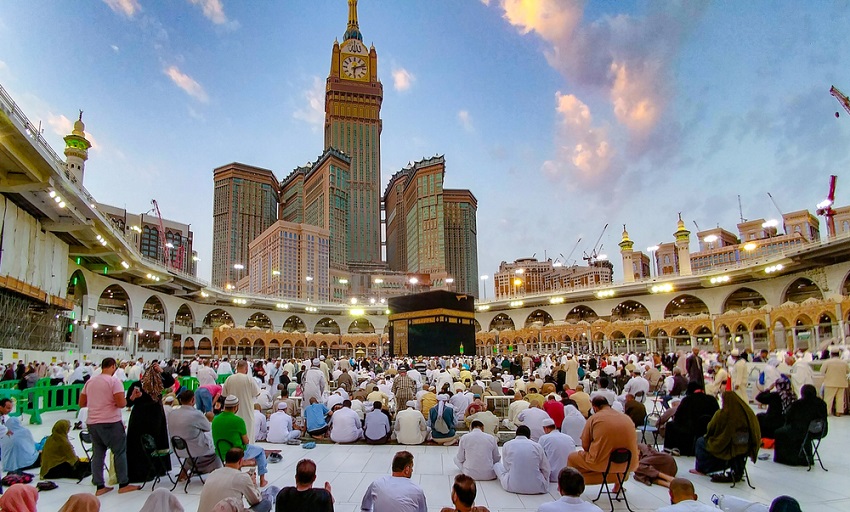

Overview
Sights
Map
Info
Hajj and Umrah are two essential pilgrimages in Islam, performed by millions of Muslims each year to the holy city of Mecca, located in Saudi Arabia. These pilgrimages hold deep spiritual significance and are integral to the faith, emphasizing unity, devotion, and submission to God. Hajj: Hajj is one of the Five Pillars of Islam and is obligatory for every physically and financially capable Muslim to perform at least once in their lifetime. It takes place annually during the Islamic month of Dhu al-Hijjah. The pilgrimage includes several rituals that trace the footsteps of Prophet Abraham and his family. Pilgrims perform Tawaf, circumambulating the Kaaba seven times, symbolizing their devotion to God. They also perform Sa'i, walking seven times between the hills of Safa and Marwah, reenacting Hagar's search for water for her son Ishmael. The pinnacle of Hajj is standing at Mount Arafat, where pilgrims gather in prayer and reflection, seeking God's mercy and forgiveness. Umrah: Umrah is a recommended pilgrimage that can be performed at any time of the year, unlike Hajj, which has specific dates. While it is not obligatory, many Muslims undertake Umrah to seek spiritual blessings and purification. The rituals of Umrah include Ihram (ritual consecration), Tawaf around the Kaaba, and Sa'i between Safa and Marwah. It is a deeply personal and voluntary act of worship, often accompanied by prayers for forgiveness, guidance, and spiritual growth. Both Hajj and Umrah foster a sense of unity and equality among Muslims from diverse backgrounds who gather in Mecca, dressed in simple white garments (Ihram), symbolizing purity and equality before God. These pilgrimages serve as powerful acts of devotion, connecting Muslims worldwide to their faith, history, and community. They reinforce core Islamic values of submission to God (Islam), sincerity of intention (Ikhlas), and unity among believers (Ummah). Through Hajj and Umrah, Muslims renew their faith, seek spiritual fulfillment, and strive for personal transformation, embodying the essence of Islamic teachings in their journey of worship and reflection.

